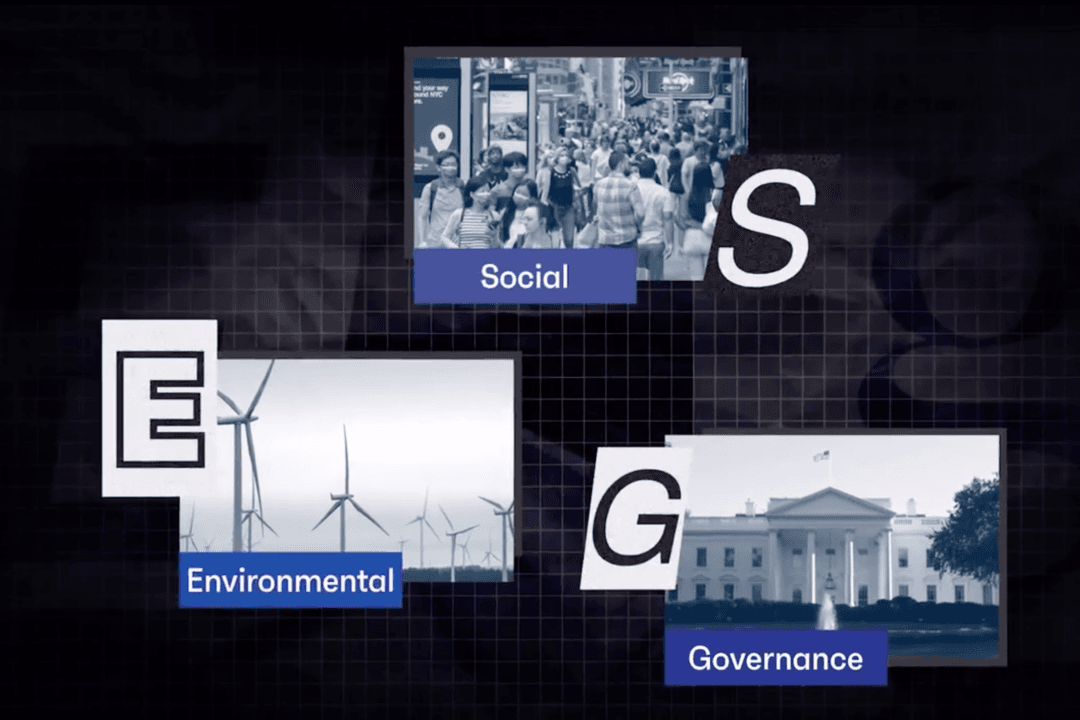A group of attorneys general (AG) representing 21 states have issued a letter to 53 of the largest asset management firms in the United States, warning that they may be in breach of their legal duties to their clients if they pursue Environmental, Social, and Governance-based (ESG) investment programs.
The letter, organized by Attorneys General Austin Knudsen (R-Mont.), Jeff Landry (R-La.), and Sean Reyes (R-Utah), states that asset management firms may be ignoring their legal obligation to the fiduciary interests of their clients by pursuing ESG-based investment. The warning letter was signed by Republican attorneys general for Alabama, Arkansas, Georgia, Idaho, Indiana, Iowa, Kansas, Kentucky, Mississippi, Missouri, New Hampshire, Ohio, South Carolina, Tennessee, Texas, Virginia, West Virginia, and Wyoming.





